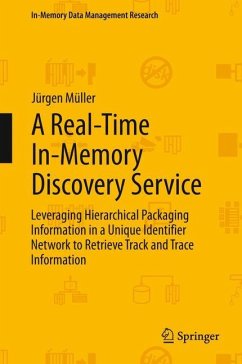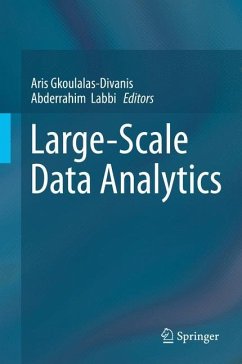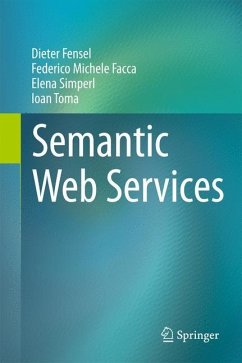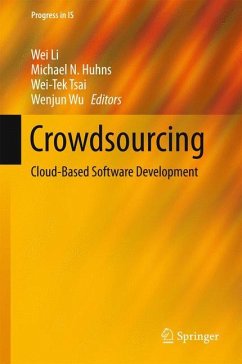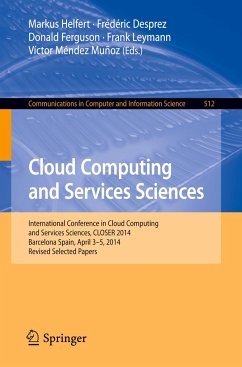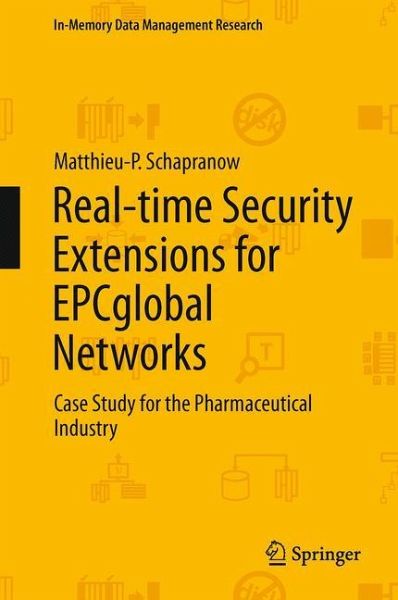
Real-time Security Extensions for EPCglobal Networks
Case Study for the Pharmaceutical Industry
Versandkostenfrei!
Versandfertig in 6-10 Tagen
38,99 €
inkl. MwSt.
Weitere Ausgaben:

PAYBACK Punkte
19 °P sammeln!
The transformation towards EPCglobal networks requires technical equipment for capturing event data and IT systems to store and exchange them with supply chain participants. For the very first time, supply chain participants thus need to face the automatic exchange of event data with business partners. Data protection of sensitive business secrets is therefore the major aspect that needs to be clarified before companies will start to adopt EPCglobal networks.This book contributes to this proposition as follows: it defines the design of transparent real-time security extensions for EPCglobal ne...
The transformation towards EPCglobal networks requires technical equipment for capturing event data and IT systems to store and exchange them with supply chain participants. For the very first time, supply chain participants thus need to face the automatic exchange of event data with business partners. Data protection of sensitive business secrets is therefore the major aspect that needs to be clarified before companies will start to adopt EPCglobal networks.
This book contributes to this proposition as follows: it defines the design of transparent real-time security extensions for EPCglobal networks based on in-memory technology. For that, it defines authentication protocols for devices with low computational resources, such as passive RFID tags, and evaluates their applicability. Furthermore, it outlines all steps for implementing history-based access control for EPCglobal software components, which enables a continuous control of access based on the real-time analysis of the complete query history and a fine-grained filtering of event data. The applicability of these innovative data protection mechanisms is underlined by their exemplary integration in the FOSSTRAK architecture.
This book contributes to this proposition as follows: it defines the design of transparent real-time security extensions for EPCglobal networks based on in-memory technology. For that, it defines authentication protocols for devices with low computational resources, such as passive RFID tags, and evaluates their applicability. Furthermore, it outlines all steps for implementing history-based access control for EPCglobal software components, which enables a continuous control of access based on the real-time analysis of the complete query history and a fine-grained filtering of event data. The applicability of these innovative data protection mechanisms is underlined by their exemplary integration in the FOSSTRAK architecture.




